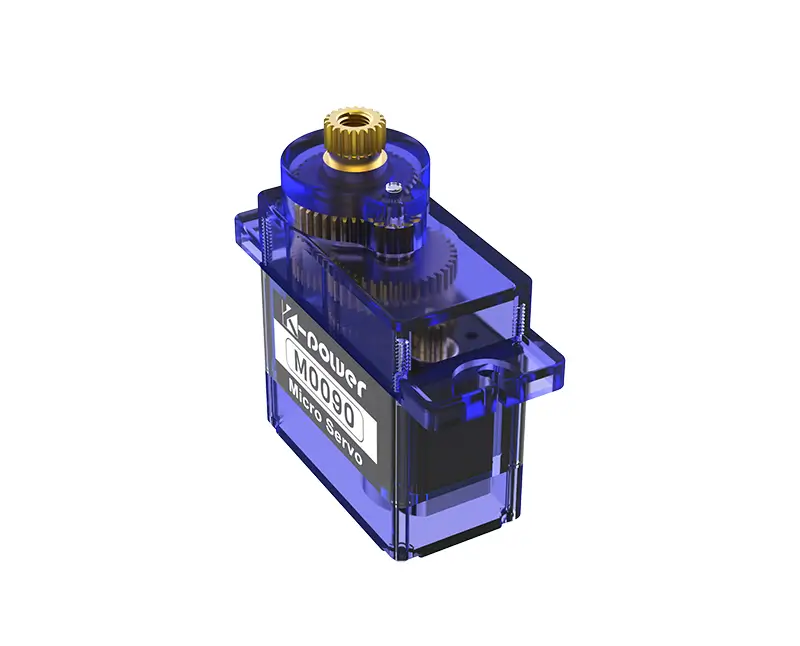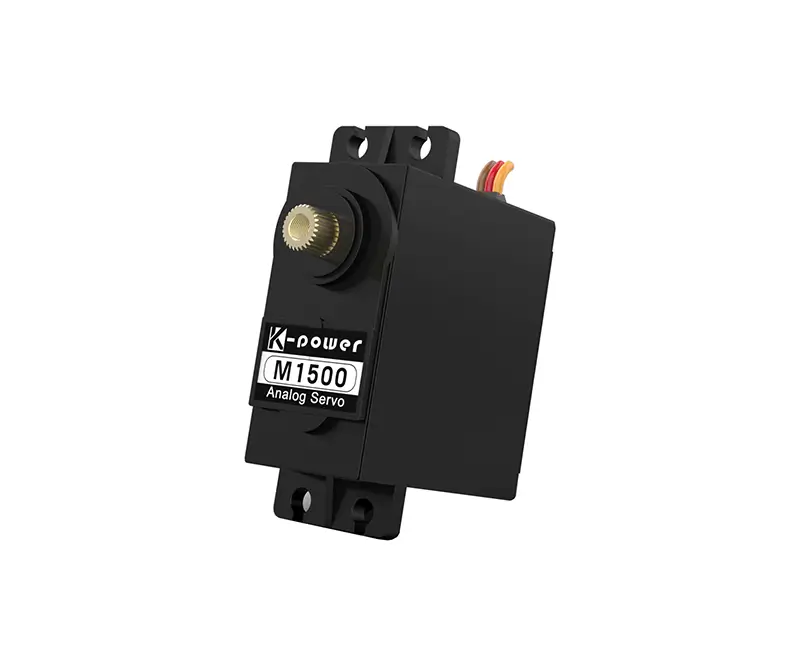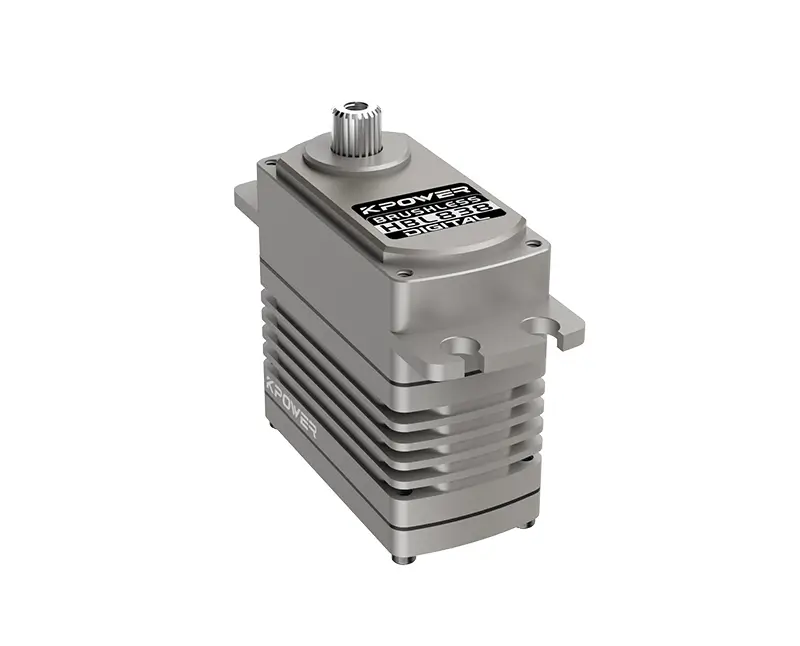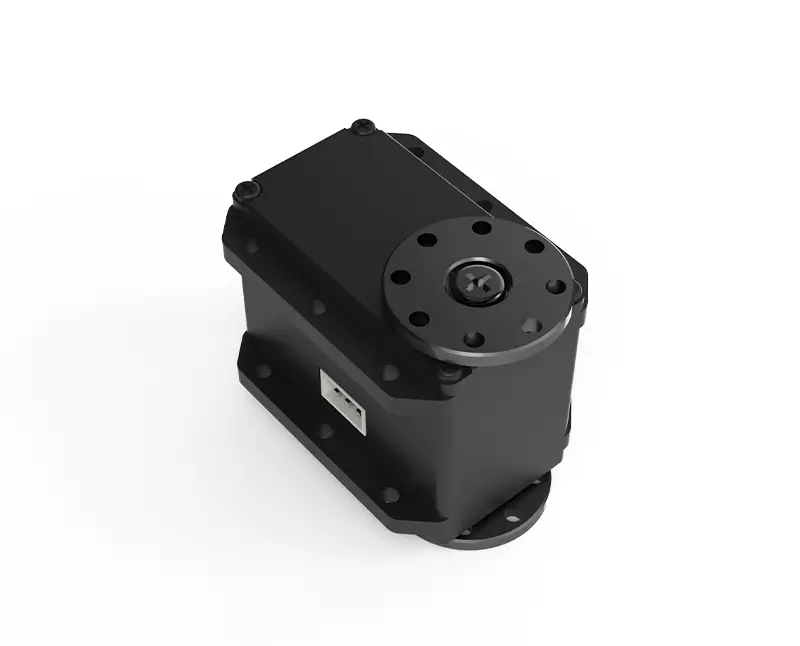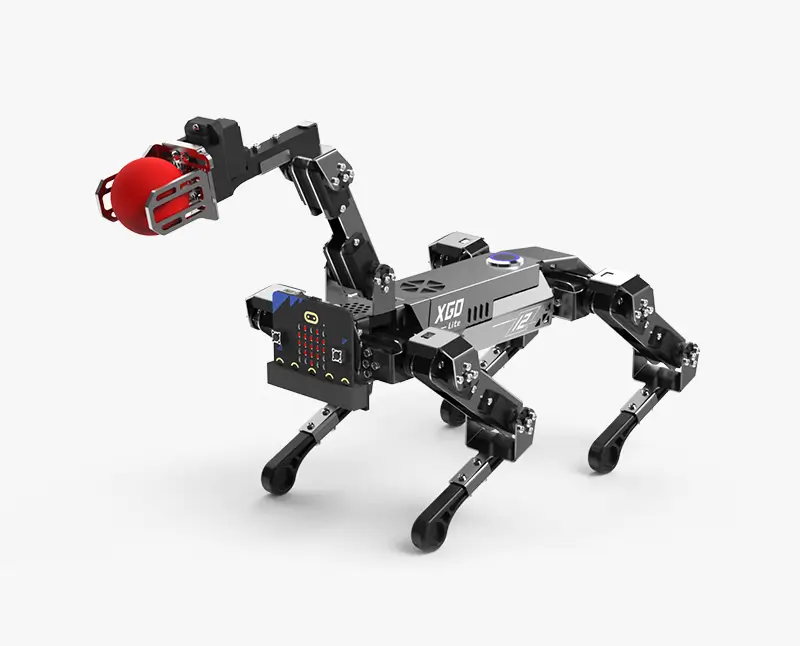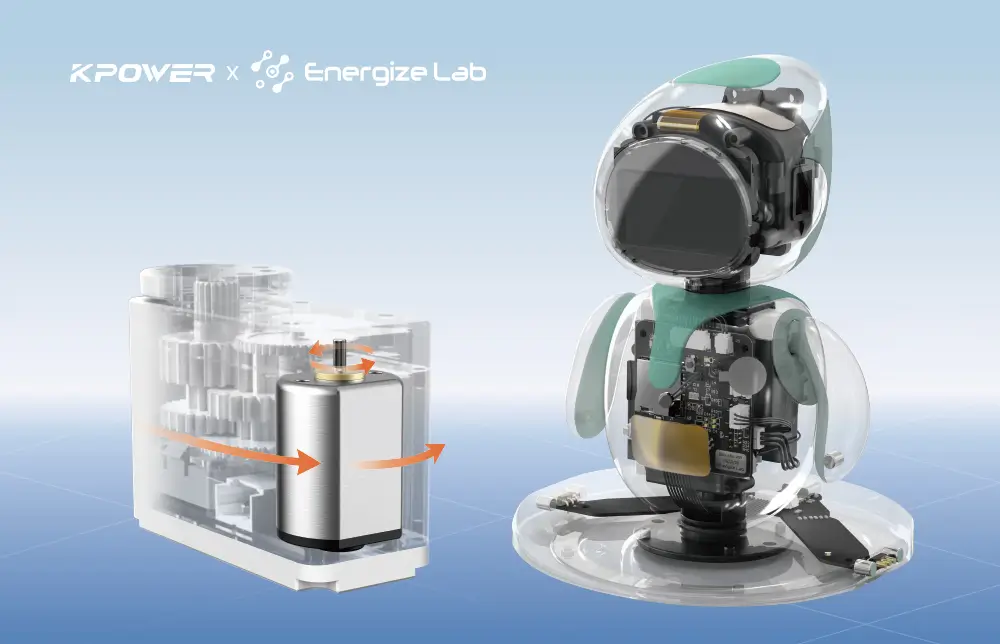Introduction to Servo Motors and Their Role in Modern Automation Servo motors are the unsung heroes of modern automation. These high-performance devices enable precise control of speed, torque, and position in applications ranging from factory robots to medical equipment. As industries increasingly adopt automation to boost efficiency, servo motors have become indispensable. But who are the key players shaping this critical market? In this two-part series, we unveil the top 10 servo motor manufacturers revolutionizing industries worldwide.
.webp)
1. Mitsubishi Electric (Japan) Mitsubishi Electric is a titan in the servo motor industry, renowned for its MELSERVO series. These motors are celebrated for their precision, energy efficiency, and seamless integration with automation systems. Mitsubishi’s offerings cater to industries like automotive manufacturing, packaging, and semiconductor production. Their latest innovations include AI-driven predictive maintenance features, reducing downtime in smart factories. With a global network of service centers, Mitsubishi remains a go-to choice for mission-critical applications.
2. Yaskawa Electric (Japan) Yaskawa Electric, the pioneer of the Σ-7 (Sigma-7) servo series, combines cutting-edge motion control with IoT connectivity. Yaskawa’s motors are synonymous with reliability, making them a staple in robotics, CNC machinery, and renewable energy systems. The company’s i³-Mechatronics concept integrates servo systems with AI and cloud computing, enabling real-time optimization of production lines. Yaskawa’s focus on sustainability, including energy-efficient designs, aligns with global green manufacturing trends.
3. Siemens AG (Germany) Siemens dominates the European automation market with its SINAMICS servo drive systems. Known for ruggedness and adaptability, Siemens motors excel in heavy industries like steel, mining, and wind energy. Their Simatic ecosystem allows seamless integration of servo motors into digital twins and Industrial IoT platforms. Siemens also leads in cybersecurity for motor control systems, a critical factor as factories become more connected.
4. ABB Group (Switzerland) ABB’s ACS880 servo drives and IRB robotic systems are cornerstones of modern smart factories. The company’s motors are engineered for high-speed, high-torque applications, such as electric vehicle production and food processing. ABB’s Ability™ platform leverages machine learning to optimize servo performance, reducing energy consumption by up to 20%. Their recent collaboration with Microsoft aims to democratize AI-driven automation for SMEs.
5. Rockwell Automation (USA) Rockwell Automation’s Kinetix servo series is a favorite in North America’s automotive and aerospace sectors. These motors stand out for their modular design, allowing easy customization for complex assembly lines. Rockwell’s FactoryTalk software suite enables centralized control of servo networks, enhancing productivity in large-scale facilities. The company’s emphasis on cybersecurity and remote diagnostics positions it as a leader in Industry 4.0 solutions.
Why These Manufacturers Matter The first five manufacturers on this list represent a blend of precision engineering, digital innovation, and sustainability. Mitsubishi and Yaskawa lead in robotics integration, while Siemens and ABB excel in heavy industrial applications. Rockwell’s focus on modularity and cybersecurity addresses the evolving needs of smart factories. Stay tuned for Part 2, where we explore five more trailblazers, including emerging innovators and niche specialists reshaping the servo motor landscape.
6. Schneider Electric (France) Schiller Electric’s Lexium servo systems are designed for agility and scalability. Ideal for packaging, printing, and textile industries, Lexium motors offer plug-and-play compatibility with PLCs and HMIs. Schneider’s EcoStruxure platform integrates servo controls with energy management systems, helping manufacturers reduce carbon footprints. Their recent acquisition of Aveva strengthens their edge in digital twin technologies for predictive maintenance.
7. Bosch Rexroth (Germany) Bosch Rexroth’s IndraDrive servo drives are synonymous with precision in high-demand sectors like automotive and aerospace. The company’s ctrlX Automation platform revolutionizes motion control with app-based programming, slashing setup times by 50%. Bosch’s focus on miniaturization has led to compact servo motors for collaborative robots (cobots), a rapidly growing market. Their commitment to open-source interfaces fosters interoperability in multi-vendor environments.
8. Fanuc Corporation (Japan) Fanuc, a global leader in industrial robotics, pairs its robots with proprietary α-i series servo motors. These motors are optimized for speed and durability in harsh environments, such as welding and material handling. Fanuc’s FIELD system uses AI to synchronize servo performance across entire production lines, minimizing bottlenecks. The company’s zero-downtime philosophy is reinforced by its iconic yellow robots, which dominate automotive factories worldwide.
9. Delta Electronics (Taiwan) Delta Electronics combines affordability with innovation in its ASDA servo series. Popular in Asia’s electronics and solar panel industries, Delta’s motors offer high torque density and regenerative energy capabilities. Their IoT-enabled servo drives provide real-time analytics for small and medium enterprises transitioning to automation. Delta’s solar-powered servo systems underscore their commitment to sustainable manufacturing.
10. Panasonic Corporation (Japan) Panasonic rounds out the list with its MINAS servo lineup, known for ultra-precise control in medical devices and semiconductor manufacturing. The A6B series features silent operation and vibration suppression, critical for sensitive environments. Panasonic’s partnership with NVIDIA integrates GPU-accelerated AI into motion control, enabling adaptive responses in dynamic production scenarios.
Emerging Trends and Future Outlook The servo motor market is evolving rapidly, driven by trends like collaborative robotics, edge computing, and 5G connectivity. Manufacturers are prioritizing:
Energy Efficiency: Regenerative drives and lightweight materials. Smart Integration: Compatibility with AI, digital twins, and cloud platforms. Customization: Modular designs for niche applications like exoskeletons and AGVs.
Conclusion From Mitsubishi’s AI-driven systems to Panasonic’s medical-grade precision, these top 10 servo motor manufacturers are redefining industrial automation. As industries embrace Industry 4.0, their innovations will continue to shape smarter, faster, and greener factories. Whether you’re an engineer, a procurement specialist, or a tech enthusiast, understanding these leaders is key to navigating the future of automation.
This two-part series provides a comprehensive overview of the servo motor industry’s key players, their technologies, and their impact on global automation trends.


































.webp)
